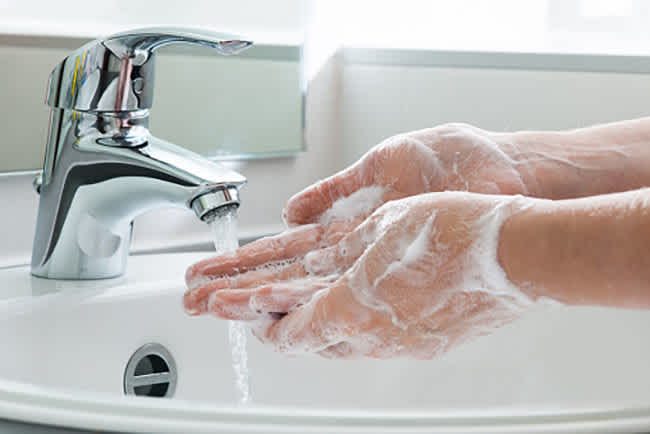Coronavirus Safety Tips For You And Your Family
Article Updated 16 March 2020.
We need to take action
The World Health Organisation (WHO) has officially declared coronavirus a pandemic. According to WHO Director-General Dr Tedros Adhanom Ghebreyesus, the word ‘pandemic’ is not to be used lightly or carelessly. Rather than to declare a situation for “unreasonable fear”, WHO is encouraging countries to “take urgent and aggressive action” against the spread of coronavirus.
How coronavirus spreads
Coronavirus is most likely spread from person to person through:
- Direct close contact with a person while they’re infectious, or
- Contact with droplets of bodily fluids when an infected person coughs or sneezes, or
- Contact with an object/surface (with viral particles) and then touching your mouth, eyes or nose.
Signs and symptoms of coronavirus
Many people infected by the virus are asymptomatic, which means they will test positive for the virus but show no symptoms. For others, symptoms can vary from mild to severe and the people who tend to get sick are the elderly or immunocompromised.
Symptoms can include: Fever Flu-like symptoms, such as coughing and a sore throat, or shortness of breath.
Coronavirus symptoms can replicate the signs of other illnesses, including pneumonia, so they aren’t conclusive that you have coronavirus.
If you think you are at risk
Call the dedicated Healthline number for COVID-19 health advice and information (for free, and available 24/7) on 0800 358 5453 and advise them of your symptoms.
If you tell them you have been in contact with someone that has coronavirus or may have coronavirus then they’ll give you advice on the next steps you need to take.
nib Group Medical Officer Dr Mellissa Naidoo says it’s important to call Healthline or your health professional before visiting them in person. This allows medical professionals to prepare for any isolation or preventative measures that they need to take.
For information on self-isolation or where to go for professional health advice, refer to the Ministry of Health website.
For non-coronavirus health concerns, use Healthline’s main number – 0800 611 116.
Protecting yourself
As yet, there is no vaccine for the coronavirus or specific antiviral treatment. But, there are basic precautions you can take to avoid being exposed to coronavirus.
- Avoid personal contact, such as kissing, sharing drinks or food with sick people.
- Cover your mouth when coughing or sneezing. If you don’t have a tissue, sneeze or cough into your elbow, not your hands. Put used tissues in a rubbish bin or plastic bag.
- Frequently wash your hands with warm water and soap. Always wash your hands after caring for sick people, before eating or handling food, after using the toilet, and after coughing, sneezing or blowing your nose. The Ministry of Health website provides advice on how to wash your hands properly.
- If soap and water are not readily available, use an alcohol-based hand sanitiser with at least 60% alcohol.
- Don’t touch your eyes, nose or mouth if your hands are not clean.
- Clean and disinfect frequently touched surfaces and objects, such as doorknobs.
- If you are sick, stay home and stay away from others.
- Healthy people do not need to wear facemasks as they will not protect you from becoming infected with the virus. However, if you become sick, wearing a facemask will help protect others from infection.
Travelling overseas?
For New Zealanders looking to travel overseas, refer to SafeTravel who have set up dedicated travel information on COVID-19 (Coronavirus). This site is maintained by the Ministry of Foreign Affairs and Trade and outlines travel restrictions.
Get the latest information
As viruses can spread rapidly, the Ministry of Health has developed a Q&A page which is updated regularly with the latest information. You can also followthe Ministry of Health on Facebook where they will be posting key updates and messages.
Article originally published by nib Australia on The Check Up
Written in partnership with nib Group Medical Advisor Dr Hamish Black
Dr Hamish Black is the nib Group Medical Advisor. He has been a Medical Practitioner for over 25 years, trained as a General Practitioner and continues to practise as such two days a week. Hamish has also spent many years working in Emergency and Medical Assistance, including leading the nib travel clinical team. He has worked in rural and urban environments in Australia and the UK, including time with the Royal Flying Doctor Service.
